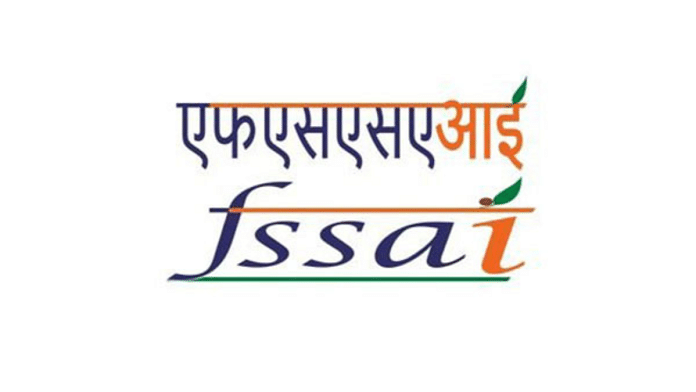New Delhi: The Food Safety and Standards Authority of India (FSSAI) Monday ordered the sampling of various branded spices for quality assessment amid reports that two Asian countries have banned spices produced by two Indian brands on finding an unacceptable amount of the toxin ethylene oxide in them.
Authorities in Hong Kong and Singapore have said they detected high levels of ethylene oxide in various spices made by Everest and MDH — two of India’s biggest spice makers. The World Health Organization’s International Agency for Research on Cancer has classified ethylene oxide as a group 1 carcinogen, indicating there is enough evidence to establish the chemical as a cancer-causing substance.
Senior government officials told ThePrint that any amount of ethylene oxide is not allowed in food products in the country as per norms set by apex food safety regulator FSSAI.
“The food products which are exported from India are, however, not under our surveillance but in the wake of the reports by food regulatory authorities in some other countries, we will sample spices being sold in the Indian market to assess whether they meet the quality standards,” a senior government official said.
The official also stressed there was a robust food-surveillance programme in place under which marketed products were routinely checked to see whether they met regulatory requirements.
Also read: Govt admits norms on health supplements not adequate, forms high-level panel to suggest framework
The FSSAI, however, did not issue any official response on the matter.
Everest and MDH had not responded to ThePrint’s queries till the publication of the report. This report will be updated as and when they respond.
The figures shared by the regulator showed that 1,77,511 food samples were tested in 2022-23 to analyse for chemical adulteration or whether they had failed to meet regulatory norms. Nearly 45,000 of these were found to be non-conforming.
Of those, 6,579 were found unsafe while 21,917 were classified as substandard.
A total of 16,130 samples, on the other hand, were classified as mislabeled or in misleading packages.
The provisional figures for 2023-24 also showed that 1,22,795 samples were analysed, including 38,661 in the spices category. Nearly 25,000 were found to be non-conforming.
(Edited by Tikli Basu)



